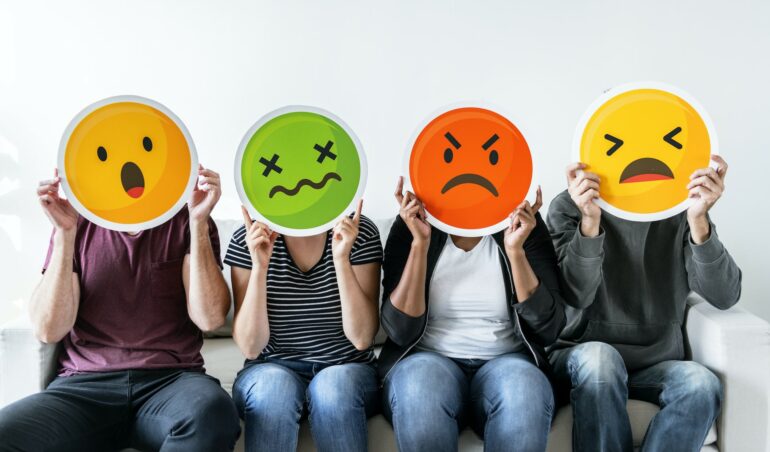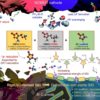Remember the sadness that came with the last time you failed miserably at something? Or the last time you were so anxious about an upcoming event that you couldn’t concentrate for days?
These types of emotions are unpleasant to experience and can even feel overwhelming. People often try to avoid them, suppress them or ignore them. In fact, in psychology experiments, people will pay money to not feel many negative emotions. But recent research is revealing that emotions can be useful, and even negative emotions can bring benefits.
In my emotion science lab at Texas A&M University, we study how emotions like anger and boredom affect people, and we explore ways that these feelings can be beneficial. We share the results so people can learn how to use their emotions to build the lives they want.
Our studies and many others have shown that emotions aren’t uniformly good or bad for people. Instead, different emotions can result in better outcomes in particular types of situations. Emotions seem to function like a Swiss army knife – different emotional tools are helpful in specific situations.
Sadness can help you recover from a failure
Sadness occurs when people perceive that they’ve lost a goal or a desired outcome, and there’s nothing they can do to improve the situation. It could be getting creamed in a game or failing a class or work project, or it can be losing a relationship with a family member. Once evoked, sadness is associated with what psychologists call a deactivation state of doing little, without much behavior or physical arousal. Sadness also brings thinking that is more detailed and analytical. It makes you stop and think.
The benefit of the stopping and thinking that comes with sadness is that it helps people recover from failure. When you fail, that typically means the situation you’re in is not conducive to success. Instead of just charging ahead in this type of scenario, sadness prompts people to step back and evaluate what is happening.
When people are sad, they process information in a deliberative, analytical way and want to avoid risk. This mode comes with more accurate memory, judgment that is less influenced by irrelevant assumptions or information, and better detection of other people lying. These cognitive changes can encourage people to understand past failures and possibly prevent future ones.
Sadness can function differently when there’s the possibility that the failure could be avoided if other people help. In these situations, people tend to cry and can experience increased physiological arousal, such as quicker heart and breathing rates. Expressing sadness, through tears or verbally, has the benefit of potentially recruiting other people to help you achieve your goals. This behavior appears to start in infants, with tears and cries signaling caregivers to help.




